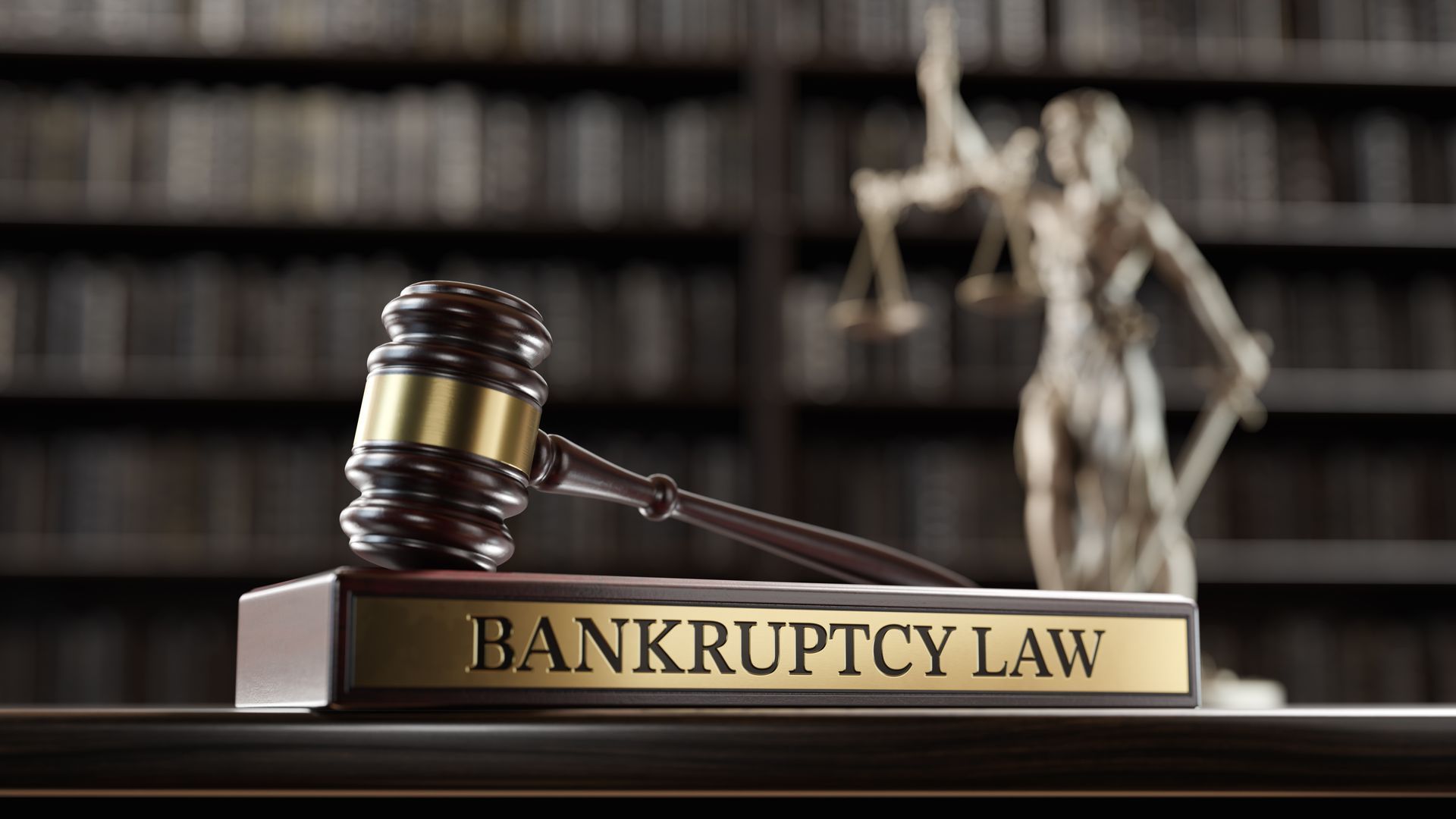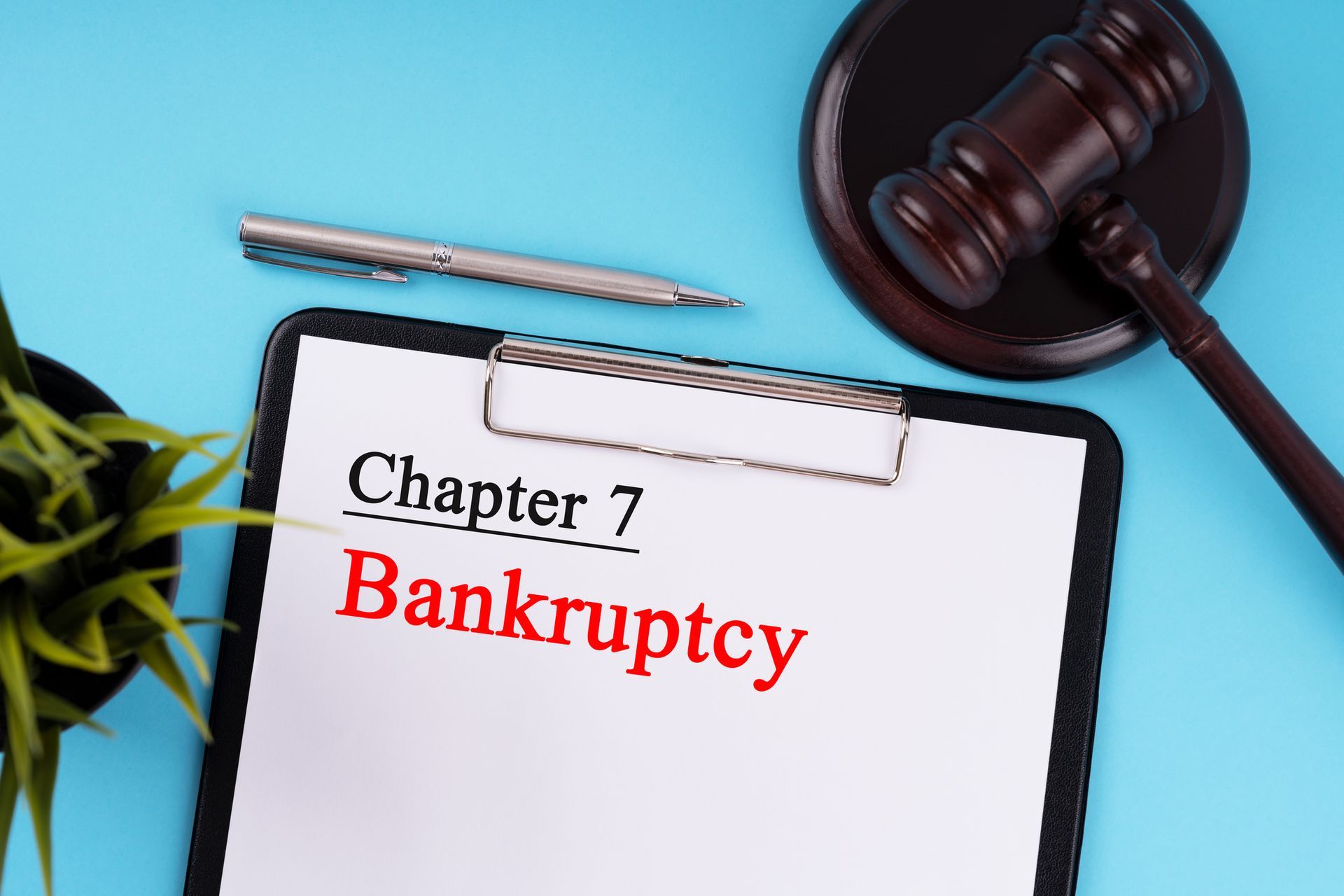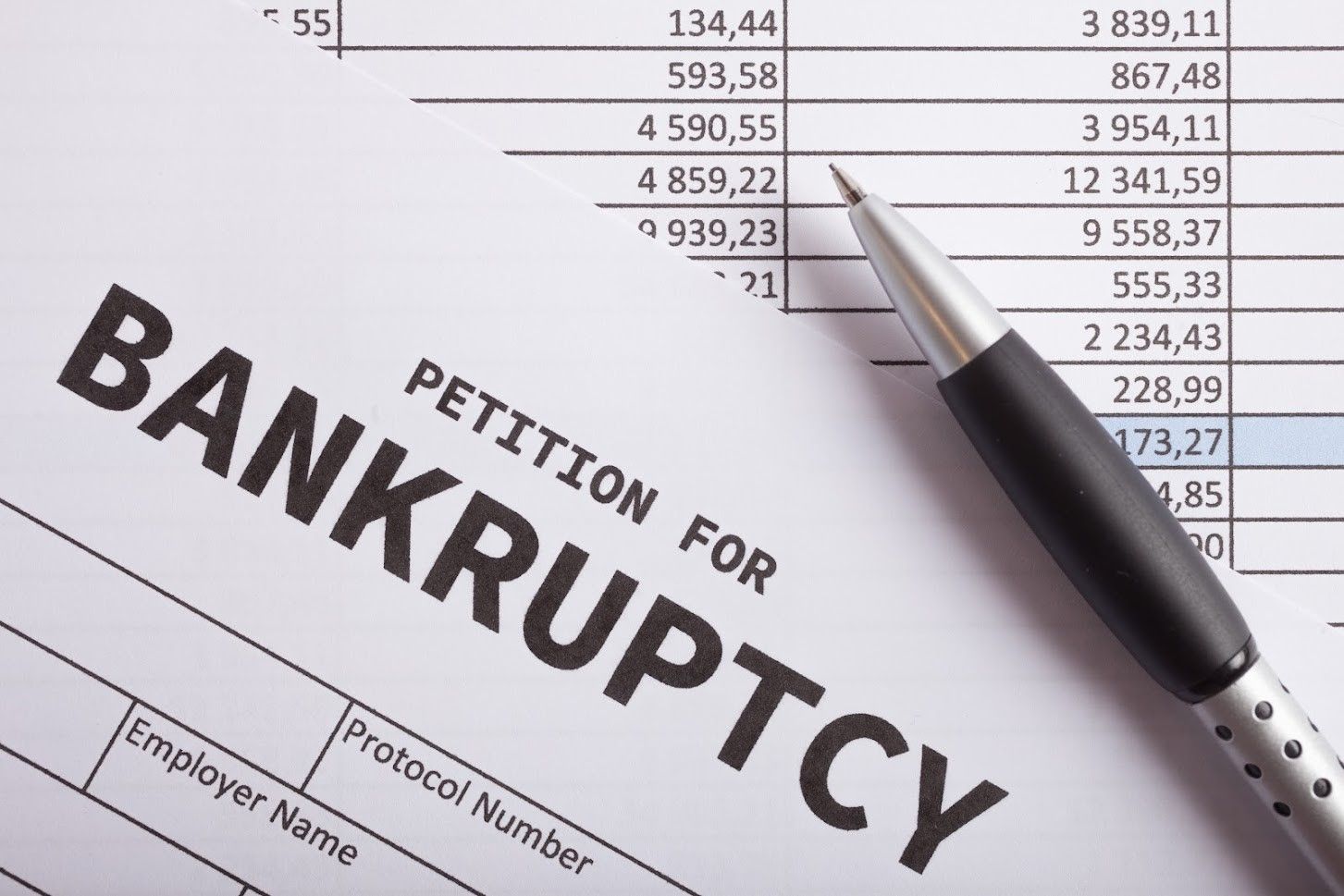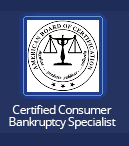An Introduction to the Types of Bankruptcy Chapters in the United States
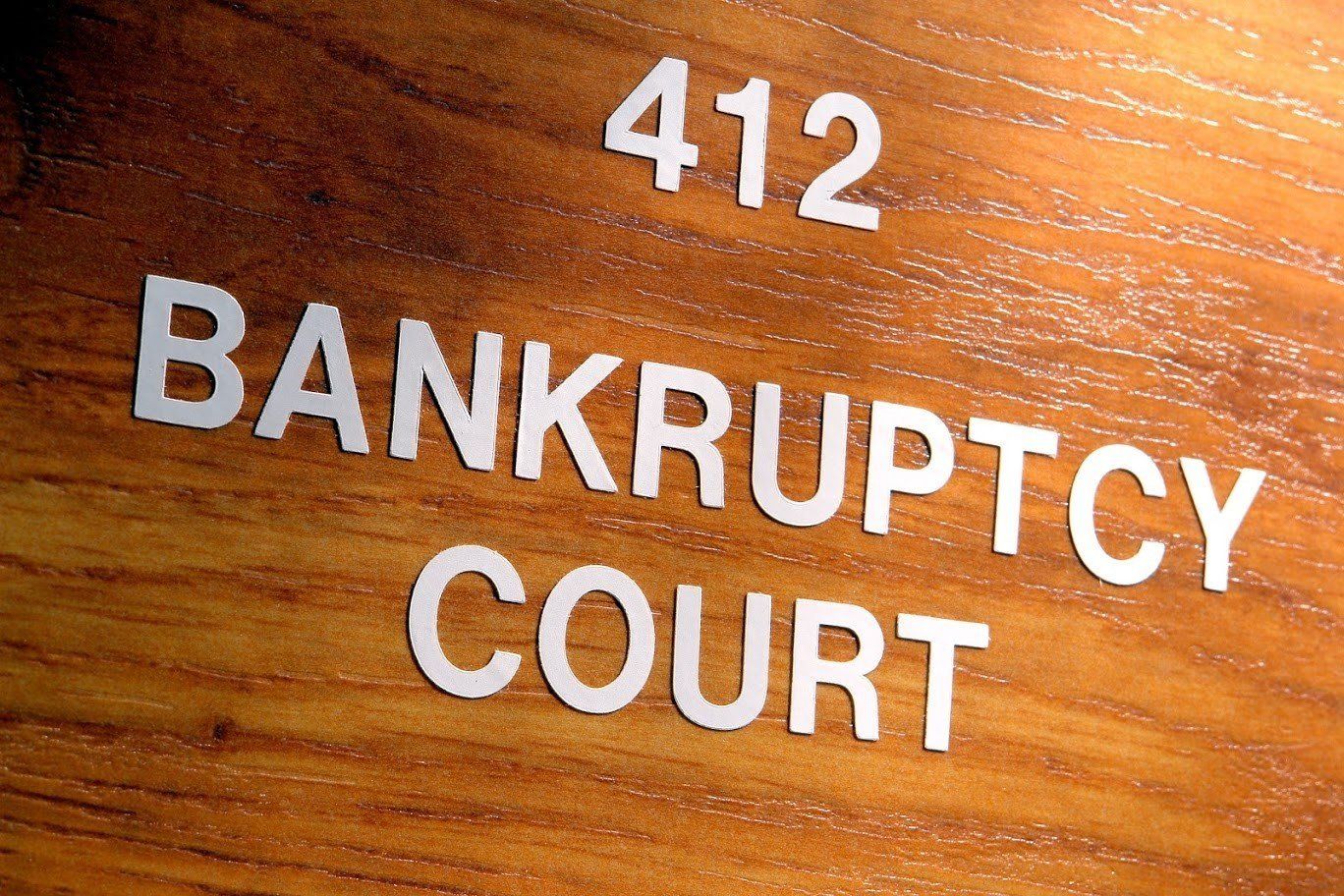
You need to understand the various chapters of bankruptcy if you want to apply for a discharge. The knowledge will help you choose the most suitable chapter for your case. Below are the six types of bankruptcy chapters available in the country.
Chapter 7
Chapter 7 bankruptcy uses most of your assets to settle your debts. You get to discharge the remaining debts. You qualify for chapter 7 bankruptcy if:
- You are an individual or business entity (such as a partnership or corporation)
- You haven't completed chapter 7 bankruptcy within the last eight years
- You haven't completed chapter 13 bankruptcy within the last six years
- You haven't failed with a chapter 7 or 13 application within the last 180 days due to noncompliance or voluntary dismissal
Although both individuals and business entities can qualify for chapter 7 bankruptcy, only individual debtors can get a debt discharge.
You should also know that chapter 7 doesn't discharge all debts — it excludes some debts, such as child support. The liquidation also exempts some assets, such as household goods.
Chapter 9
Chapter 9 bankruptcy only applies to municipalities. Municipalities refer to government entities, such as townships, school districts, cities, and counties, among others. Due to the complexities of liquating municipalities' assets, mandatory liquidation of assets is not part of chapter 9 bankruptcy.
Chapter 9 is only available to municipalities that:
- Are insolvent
- Have a debt adjustment plan
- Have a debt-agreement with a majority of their creditors or attempt to make such agreements
As such, chapter 9 bankruptcy mainly helps municipalities to renegotiate debts with their creditors.
Chapter 11
Chapter 11 bankruptcy targets businesses, but it is also open to individuals who don't qualify for chapter 7 or 13. The bankruptcy chapter allows businesses to reorganize their debts, assets, and business affairs to help them manage their debts and financial obligations going forward.
In most cases, chapter 11 bankruptcy involves downsizing business operations to free assets and expenses for settling debts. In some cases, a business has to wind down its operations to use its assets for debt settlement.
Chapter 12
Chapter 12 bankruptcy targets farmers and fishermen. The bankruptcy chapter allows fishermen and farmers to reorganize their finances to avoid liquidation or foreclosure. This bankruptcy chapter is rare and relatively new. You are only eligible for chapter 12 bankruptcy if:
- You are a family farmer or fisherman with a regular annual income
- Your total debts don't exceed $4,153,150 for farmers and $1,924,550 for fishermen
- Over 50 percent of your gross income comes from fishing or farming
- Either 50 percent of your total debts related to farming operations or 80 percent of your total debts relate to fishing operations
Chapter 12 roughly resembles chapter 13, with the main difference being on who qualifies for the discharge.
Chapter 13
Chapter 13 is one of the more popular bankruptcy chapters in the U.S. Chapter 13 bankruptcy allows you to use your discretionary income to settle your debts within three or five years. As such, the bankruptcy chapter is popular with those who have valuable assets or significant income.
To qualify for chapter 13 bankruptcy:
- Your debts must not exceed a certain limit
- You must have a steady and adequate income that you can use to repay your debts
- You must be an individual (although individuals can discharge business-related debts for which they are individually responsible)
The repayment plan is central to your chapter 13 plan. You must convince the court of the repayment plan's viability.
Chapter 15
Just like chapter 12 bankruptcy, chapter 15 bankruptcy is also relatively new. You only qualify for chapter 15 bankruptcy if your debt involves multiple countries. For example, you may qualify for chapter 15 if you owe most of your debts to a foreign business. The main aim of the chapter is to promote cooperation between the U.S. and foreign courts.
The above is just an overview of the available bankruptcy chapters. Bankruptcy can be complicated for most people. Charles J. Schneider, P.C., has decades of experience in bankruptcy. We can help you understand which chapter best suits your case. Contact us for a consultation if you are thinking of bankruptcy.


